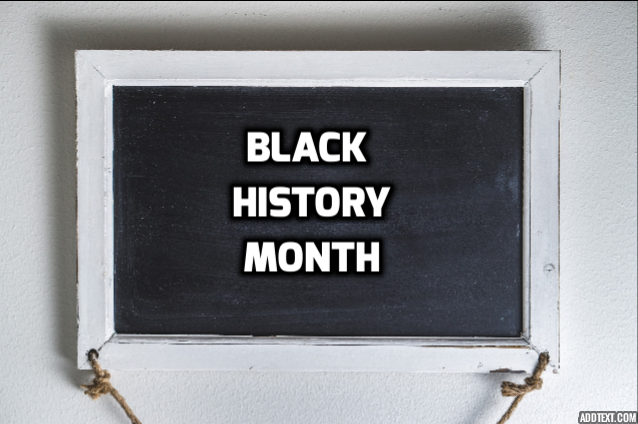
Black History Month: Women of Black History
Black History Month honors the contributions of African Americans to U.S. history.
February was chosen to coincide with the birthdays of Frederick Douglass and Abraham Lincoln.
Black Women in History. The following is an article, in part, "6 Women of Black History You Probably Don't Know About - But Should Click to read all of the articel in: RELEVANT Magazine
FANNIE LOU HAMER
Fannie Lou Hamer was a civil rights activist and Christian who understood what Jesus’ stances on civil rights would be if He were on Earth.
In addition to famously saying, “I’m sick and tired of being sick and tired,” Hamer also said, “A city that’s set on a hill cannot be hid. And I don’t mind my light shining; I don’t hide that I’m fighting for freedom, because Christ died to set us free.”
Her voters rights activism with the Student Nonviolent Coordinating Committee put her life on the line and she was jailed, beaten, tortured and sexually assaulted. She was left with permanent damage to her eye, kidney and leg. It did not stop her.
Before her death in 1977, Hamer founded the Freedom Farm Cooperative of Sunflower County for 1,500 poor families, giving them independence, a reliable food source and some level of financial stability.
#####
BILLIE HOLIDAY
Known as one of the best jazz singers of all time, Billie Holiday was also a civil rights activist in her own right. Born in Philadelphia, Holiday had a childhood filled with instability and coped with that through song. As she got older, she was popular in New York City’s jazz bars—especially for her trademark gardenias in her hair and way of singing with her head back.
In 1939, she debuted the song she’s most known for, “Strange Fruit,” a striking poem turned song about the rampancy of lynchings of black people in the South:
Southern trees bear strange fruit
Blood on the leaves and blood at the root
Black bodies swinging in the southern breeze
Strange fruit hanging from the poplar trees
The song was both critically acclaimed and controversial. It was banned from several radio stations, but that did not stifle its message or its impact.
####
Patricia Bath
Patricia Bath is a revolutionary in the field of ophthalmology and her work is relatively recent. In 1973, Bath became the first Black person to finish an ophthalmology residency. Two years after that, she was the first female faculty member in the ophthalmology department at UCLA’s Jules Stein Eye Institute. She also co-founded the American Institute for the Prevention of Blindness, which was the first to assert that sight “is a basic human right.”
Just 13 years after her residency, Bath invented the Laserphaco Probe, which helped patients with cataracts. She patented that device in 1988, making her the first black female doctor to be granted a medical patent.


 How to resolve AdBlock issue?
How to resolve AdBlock issue? 